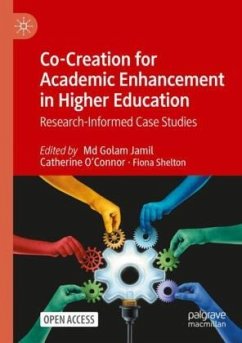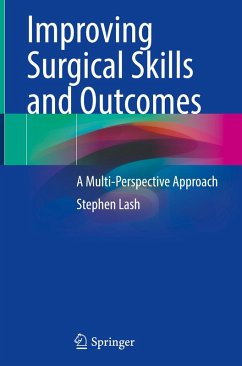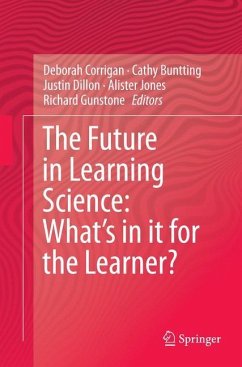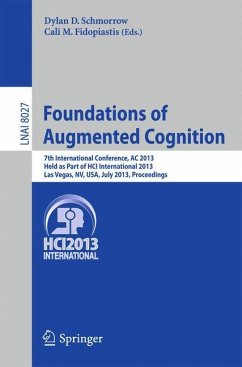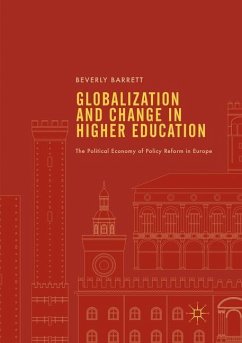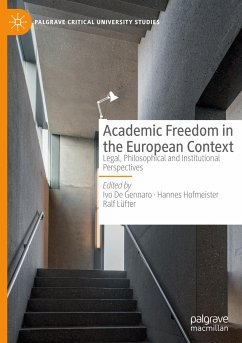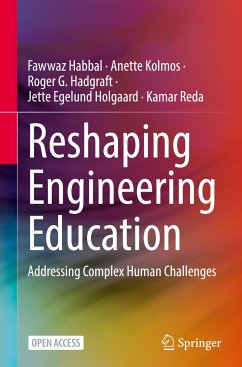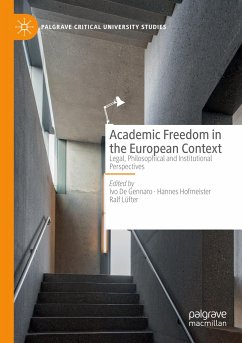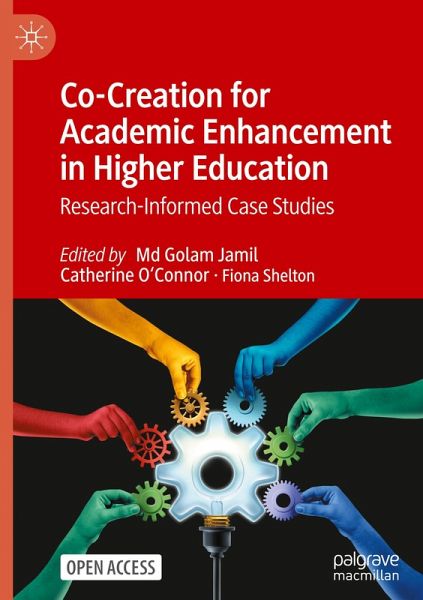
Co-Creation for Academic Enhancement in Higher Education
Research-Informed Case Studies
Herausgegeben: Jamil, Md Golam; O'Connor, Catherine; Shelton, Fiona
Versandkostenfrei!
Versandfertig in 6-10 Tagen
38,99 €
inkl. MwSt.

PAYBACK Punkte
19 °P sammeln!
This open access book focuses on ongoing practices around co-creation at universities, exploring their impact on academic and non-academic activities and making suggestions for realistic changes based on the lessons learned. Contributions explore related actors and actions to understand applied aspects such as the types and forms of co-creation, approaches to making co-creation inclusive and equitable, and ways to use it to shape future university policy and practice. Overall, the scope of the book is multi-layered and spread across the spectrum of higher education, such as institutional leade...
This open access book focuses on ongoing practices around co-creation at universities, exploring their impact on academic and non-academic activities and making suggestions for realistic changes based on the lessons learned. Contributions explore related actors and actions to understand applied aspects such as the types and forms of co-creation, approaches to making co-creation inclusive and equitable, and ways to use it to shape future university policy and practice. Overall, the scope of the book is multi-layered and spread across the spectrum of higher education, such as institutional leadership, academic development, curriculum design, pedagogic practice, assessment, sustainability and wellbeing.



